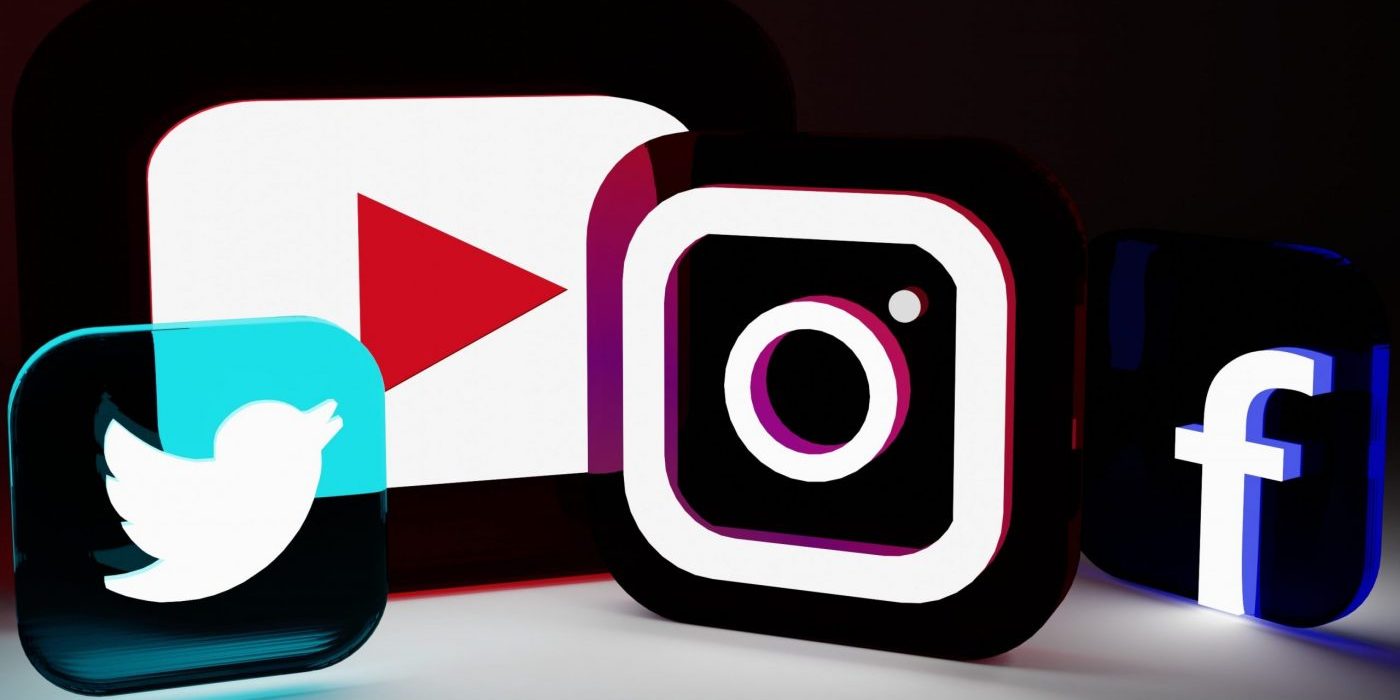
While social media and technology have improved the lives of billions all over the world, they’ve also harmed the lives of billions. The likes of Facebook and Apple and Google, which oversee many different platforms including Instagram and WhatsApp, are collectively known as Big Tech – and, thanks to their acquirement of any and all competition, they notched up a combined market cap of $7.5 trillion in 2020. But things are afoot. Big Tech, in light of its data breaches, has been deemed a threat to democracy. Former US President Donald Trump compared them to monopolies; Senator Elizabeth Warren has said: “They’ve bulldozed competition, used our private information for profit, and tilted the playing field against everyone else. And in the process, they have hurt small businesses and stifled innovation.”
These giants have fallen victim to their own success. Google’s parent company, Alphabet, has faced heavy scrutiny over its data-collection policies. Amazon is under pressure for its anti-competitive nature. And Apple has attracted yet another lawsuit for deliberately weakening the condition of older iPhones. As for Facebook… well, Facebook has always been controversial. As these problems rage on, the question has never been more important: would it be worth breaking social media and Big Tech? We’ve laid out the pros and cons of doing so to help find your own answer.
PRO: More opportunities for smaller companies
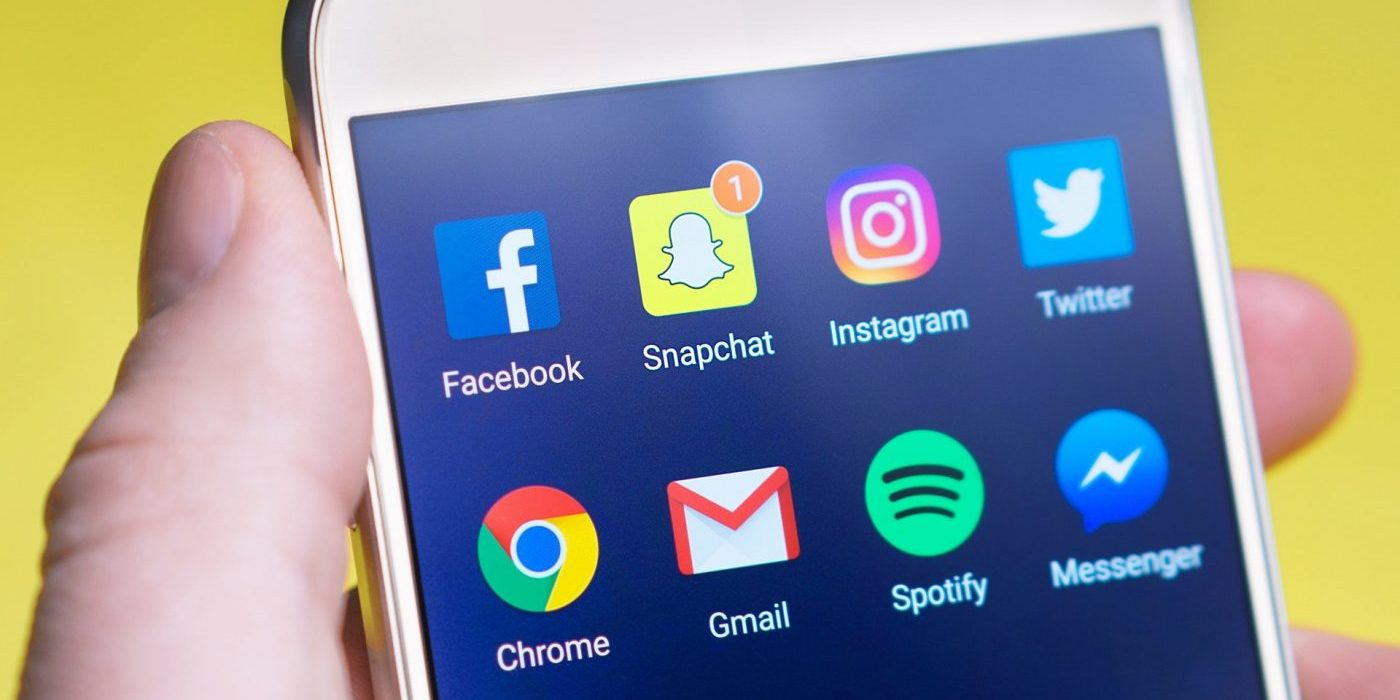
While social media and Big Tech monopolies inarguably help out the lives of everyday consumers through connection and entertainment, they can be a blight on the lives of budding business owners and companies. Google, for example, answers 92% of the world’s search queries. Amazon sells everything a customer could possibly want besides the Moon (and, with Blue Origin, Bezos is working on that one). This leaves smaller companies with little to no market space.
Breaking up social media and big tech companies would create more opportunities for smaller companies. More importantly, it would hope to bring an end to social media giants acquiring and neutralising any and all competition. Over the last decade, Facebook has bought out numerous rivals including WhatsApp and Instagram. Google has acquired a massive 270 companies since 2001.
Jennifer Huddleston, research fellow at the Mercatus Center, explained in 2020 how she believes competition still exists. “Oftentimes innovation has in and of itself been our best competition policy in America. A decade ago, when we were talking about if big tech should be broken up, we were talking about the MySpace natural monopoly, or that Yahoo had won the search wars.
“So yes, there is this question of ‘is it easier to stick with the incumbent?’ Huddleston said. “But we’ve seen time and time again that while things look like untoppable giants, something new and innovative comes about and completely revolutionizes the industry; that market may not have been what we thought it was to begin with.”
CON: Less research and development
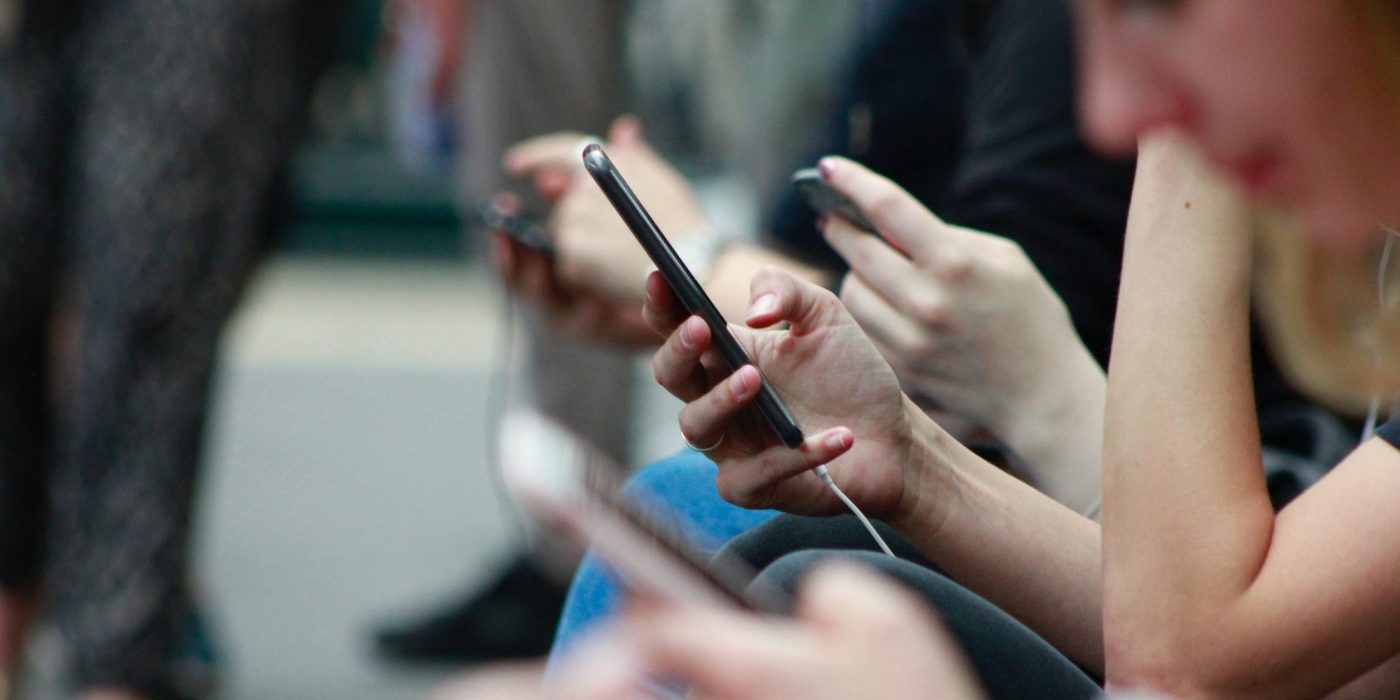
Breaking up social media could lead to a loss of research and development, notably in the area of Artificial Intelligence. Meta Platforms Inc. says that by midsummer its AI Research SuperCluster system will house 16,000 Nvidia Corp. graphics processing units, an engine Meta says will be the fastest of its kind in the world.
DeepMind Technologies lab, owned by Google’s Alphabet Inc., announced the development of a new language model, claiming, “the high-school reading comprehension level approaches human-rater performance.” Jeff Bezos has also put his money where his mouth is when it comes to AI, with Amazon spending over $20 billion to invest and acquire around 128 AI start-ups globally.
Over the past two years, social media and big tech giants contributed their money to efforts to suppress the devastating effects of the COVID-19 pandemic. Amazon donated $25 million to a relief fund that helped individuals facing financial hardship after unforeseen personal hardship so that employees such as delivery drivers, were supported during quarantine.
Robert Atkinson, president of information technology at the Innovation Foundation, said in 2020: “If you look at the top 15 companies in the world in terms of spending on research and development, No. 1 and No. 2 are Alphabet and Amazon; No. 5 and No. 6 are Apple and Microsoft; [No.] 13 is Facebook. The size that these companies have enabled them to make big investments in the future and big investments in R&D. If we try to break that up, we’re going to lose that.”
PRO: More data privacy
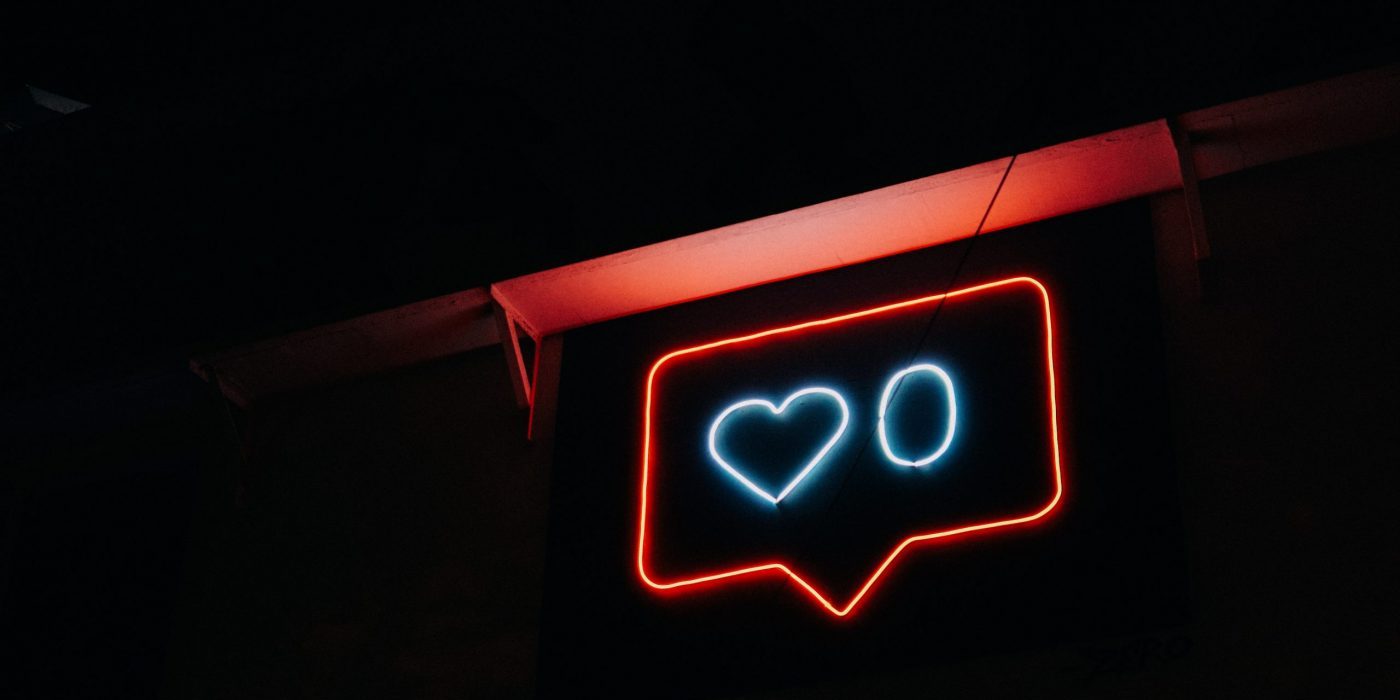
A big issue for social media users, in particular Facebook users, over the past decade has been the rise of data breaches. When Facebook CEO Mark Zuckerberg had to testify and publicly apologise for a huge data breach in 2018, consumers were questioning whether their information would ever be safe.
The problem with easing data privacy concerns is that social media platforms like Facebook require people’s data to monitor what they like and dictate what they see in order to keep them on the site, thereby generating ad revenue.
In an ideal world, a world of healthy tech competition, such privacy dilemmas could be brought to a halt. The more companies that offer secure networks, the greater the pressure on established social media to amend their approach to users’ data.
Some argue, however, that breaking up social media could be ineffective at dispersing power. “Let’s say that Facebook were strong-armed into disassembling itself,” Zachary Karabell writes in WIRED. “Its logical components would be legacy Facebook (individual pages), Facebook for business, Instagram, WhatsApp, and Oculus. You might be able to slice it even thinner, but assume Facebook would become five companies. Facebook currently has a market capitalization of just over $600 billion. That total market cap wouldn’t be divided equally among the five new companies; WhatsApp might struggle given its lack of discernible income, while Instagram might soar.”
CON: Creating a false illusion of choice

Attractive as it may seem to live in an online world where there are 1000 Facebooks and Twitter’s to pick from, as opposed to just the two, experts have argued about the practicality of such a reality.
Some have claimed breaking up social media platforms into smaller networks could produce an illusion of choice. This approach would be less than desirable for users wanting to focus all their communications from one place. As a result, they could encourage many of them to select one social network, rendering a breakup obsolete.
PRO: Increased national security

Breaking up big tech could see a huge reduction in national security threats. While not strictly social media, Russian hackers gained visibility into staff emails sent via Microsoft Office 365 at the National Telecommunications and Information Administration after breaking into the NTIA’s office software. It highlighted how easy it is to access the government’s sensitive processes, military, and intelligence operations through big tech.
Critics of breaking up and regulating big tech and social media have made a variety of arguments. One of the most popular says that breaking up could be troublesome in a time of great power competition between the United States and China. Some have claimed the two to be in a Cold War-style arms race over artificial intelligence. Companies like Facebook and Google, they argue, are vital to winning that race.
Ganesh Sitaraman, a professor of law at Vanderbilt University, rejects this comparison. “First, big tech companies are not competing with China in some kind of new Cold War arms race,” he wrote in January 2020. “Rather, many are integrated with China, seeking to expand further into China, and cooperating with Chinese companies and (by extension) likely with the Chinese government. Big tech’s integration with China thus supports the rise and export of digital authoritarianism and forces companies to self-censor and contort their preferences to serve Chinese censors and officials.
“Second, in an era of great power competition, innovation and a strong defense industrial base are essential. But relying on a small number of big tech companies (and, in particular, failing to enforce antitrust laws and regulate the sector) means less competition - and that in turn means less innovation, particularly when compared with a system of robust competition and public investment in research and development.”
CON: Higher service costs
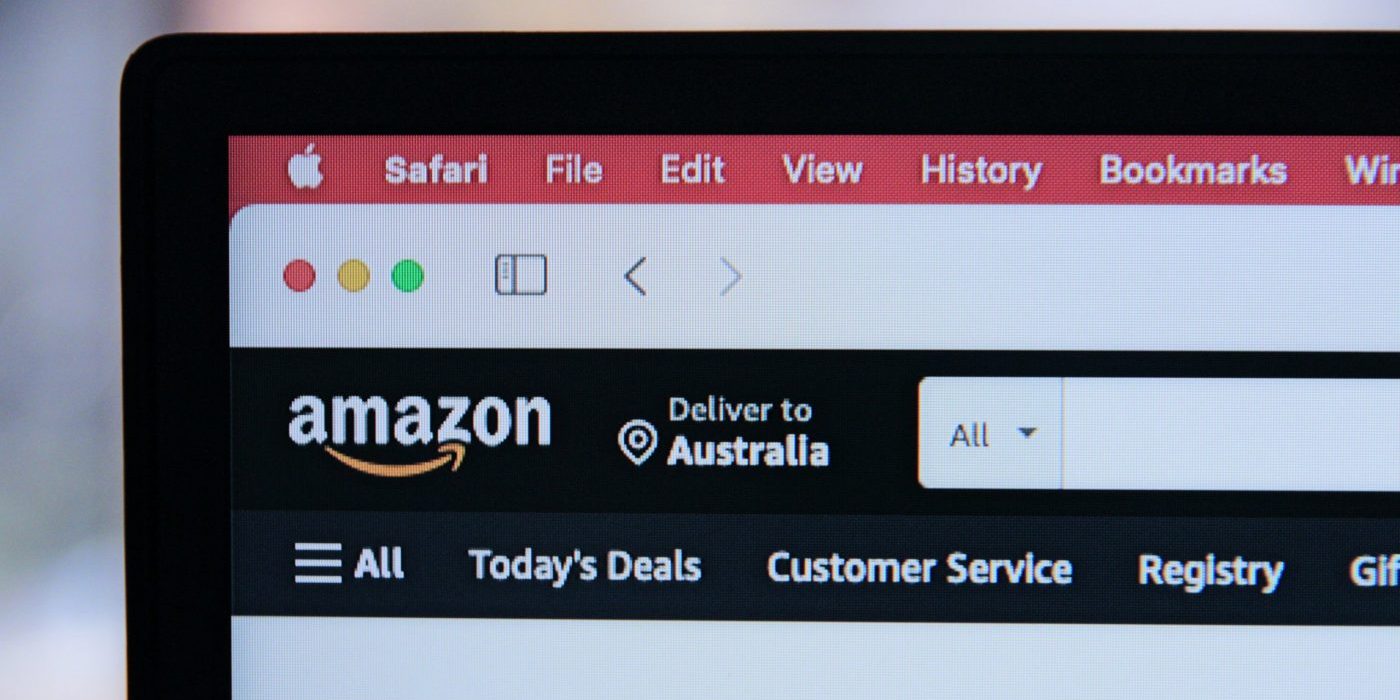
At one time it was thought healthier competition between smaller companies would lead to a dip in prices. Experts now claim this could be a myth and that, given our dependence on them, social media’s “free” services and features are irreplaceable.
Breaking up big tech and social media giants could manifest a fair market by encouraging smaller businesses to come up with a new range of services and products. But even then, start-ups aren’t able to benefit from a free business model, meaning there’s a strong chance committed users will pay big money for each digital service they sign up for.
And that’s, fundamentally, not what the people want. Big tech and social media is still popular. And the reason is that it’s free. Yes, you sacrifice your data, but in terms of cold hard cash you don’t cough up any of it for Facebook, Instagram or Twitter (subscription service Twitter Blue aside). Even engines like Google and its off-shoots: Gmail, Google Docs, Google Sheets. All free.
And if it’s not free, it’s certainly cheap. Amazon is another product that people can’t get enough of despite their reservations. Jeff Bezos and co. may have hurt suppliers, competitors and even employees over the years, but so long as they sell virtually everything online at reasonable prices, it seems that they aren’t going anywhere.